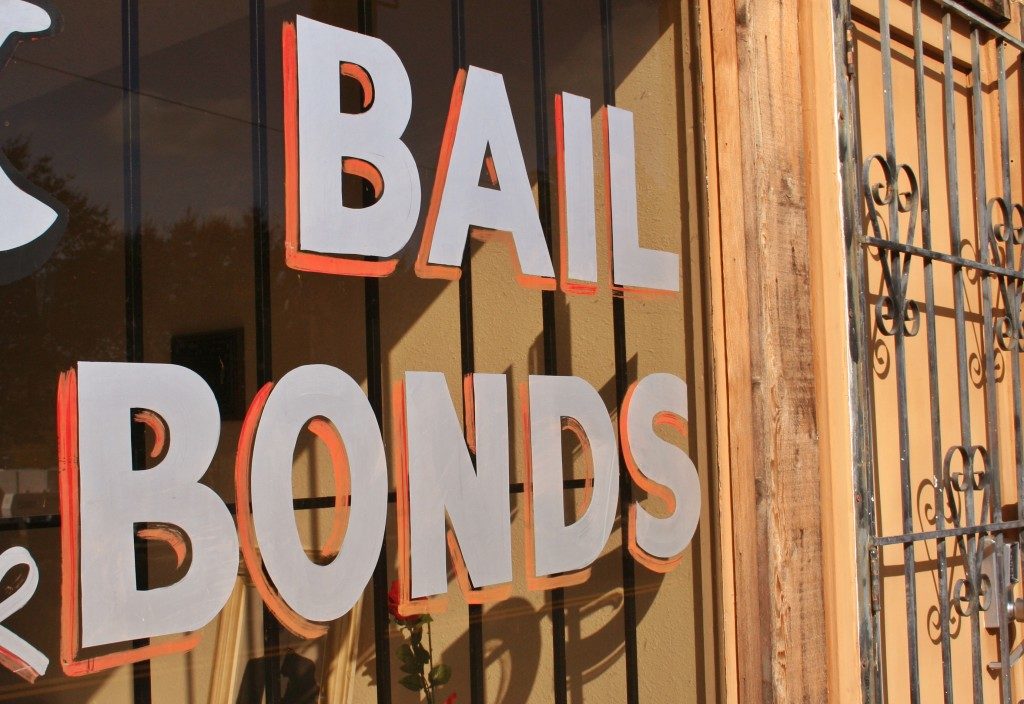Land, property, and assets are among society’s most essential resources. Unfortunately, these areas can also be the source of much conflict and disagreement between different parties. Resolving disputes over land, property, and assets requires various strategies depending on the situation. This article will discuss four standard methods you can use for resolving disputes over these precious resources.
1. Negotiation
Negotiation is one of the most commonly used methods to resolve land, property, and assets disputes. This process involves two or more parties discussing their respective interests and reaching an agreement that satisfies all involved parties. When negotiating a dispute, both sides need to understand the other party’s needs and interests, as well as their own. Negotiation can also involve the involvement of a third-party mediator or facilitator to help both sides agree.
Negotiation involves building relationships, not just discussing interests and needs. It is also important to stay open-minded and flexible to reach a resolution that meets the needs of all parties involved. Negotiations can be held anytime during or after the dispute has been resolved. A successful negotiation should result in a win-win outcome, meaning that both sides should leave the negotiation with a sense of satisfaction that their needs have been met.
2. Mediation and Arbitration
Mediation and arbitration are two alternative dispute resolution methods that you can use to resolve conflicts over land, property, and assets. Mediation is when impartial third-party works with both sides to reach an agreement. The mediator does not decide for the parties involved but rather helps guide them toward a solution that satisfies all parties. Arbitration is similar to mediation. However, it involves an impartial third-party making a final decision regarding the conflict based on the evidence presented by each side.
Both mediation and arbitration services provide an effective way to quickly resolve disputes without the time and expense associated with taking a case to court. Both offer many advantages, such as flexibility, privacy, cost savings, and the ability to craft creative solutions that meet the needs of all parties. Additionally, both forms of alternative dispute resolution can help preserve relationships between parties that otherwise may have been damaged by a lengthy litigation process.
3. Litigation

Litigation is the formal legal process for resolving land, property, and assets disputes. In this option, one party files a lawsuit against another, who must defend themselves in court before a judge or jury. The goal in litigation is to obtain a judgment from the court that resolves the dispute in favor of one party or the other.
You can handle various disputes through litigation, including contract disputes, real estate disputes, business torts, and employment law issues. Depending on the situation, a party may file suit in state or federal court. The process begins with filing a complaint, setting forth the parties’ claims and any supporting facts. The defendant must then file an answer to the complaint admitting or denying the facts.
The parties can also engage in discovery, which is a process through which each side obtains information from the other about their case. This may include interrogatories (written questions) and requests for documents. After the discovery phase, each party may file motions asking the court to make certain decisions, such as granting summary judgment if a party believes there is no need for a trial.
4. Collaborative Law
Collaborative law is a relatively new process developed to help parties resolve disputes over land, property, and assets without going to court. In this method, both sides hire their own lawyer, who then work together in an informal and confidential setting to reach an agreement for all involved parties. The goal of collaborative law is for both sides to resolve the dispute without engaging in litigation or other forms of contentiousness.
The collaborative law process is based on cooperative problem-solving, creative thinking, and open communication between the parties. Throughout the collaborative process, both lawyers provide clients with legal advice while helping to ensure that the agreement reached is fair and equitable for everyone involved. Additionally, each lawyer is responsible for providing their client with information about all potential options to ensure that the decision-making process is based on a full understanding of the law.
In Summary
While there are many strategies for resolving conflicts over land, property, and assets, all parties must understand their rights and obligations before engaging in any dispute resolution. Negotiation, mediation and arbitration, litigation, and collaborative law are just a few strategies to resolve conflicts over these valuable resources. It’s essential for all parties involved to explore their options and consult with legal counsel before making any decisions.



